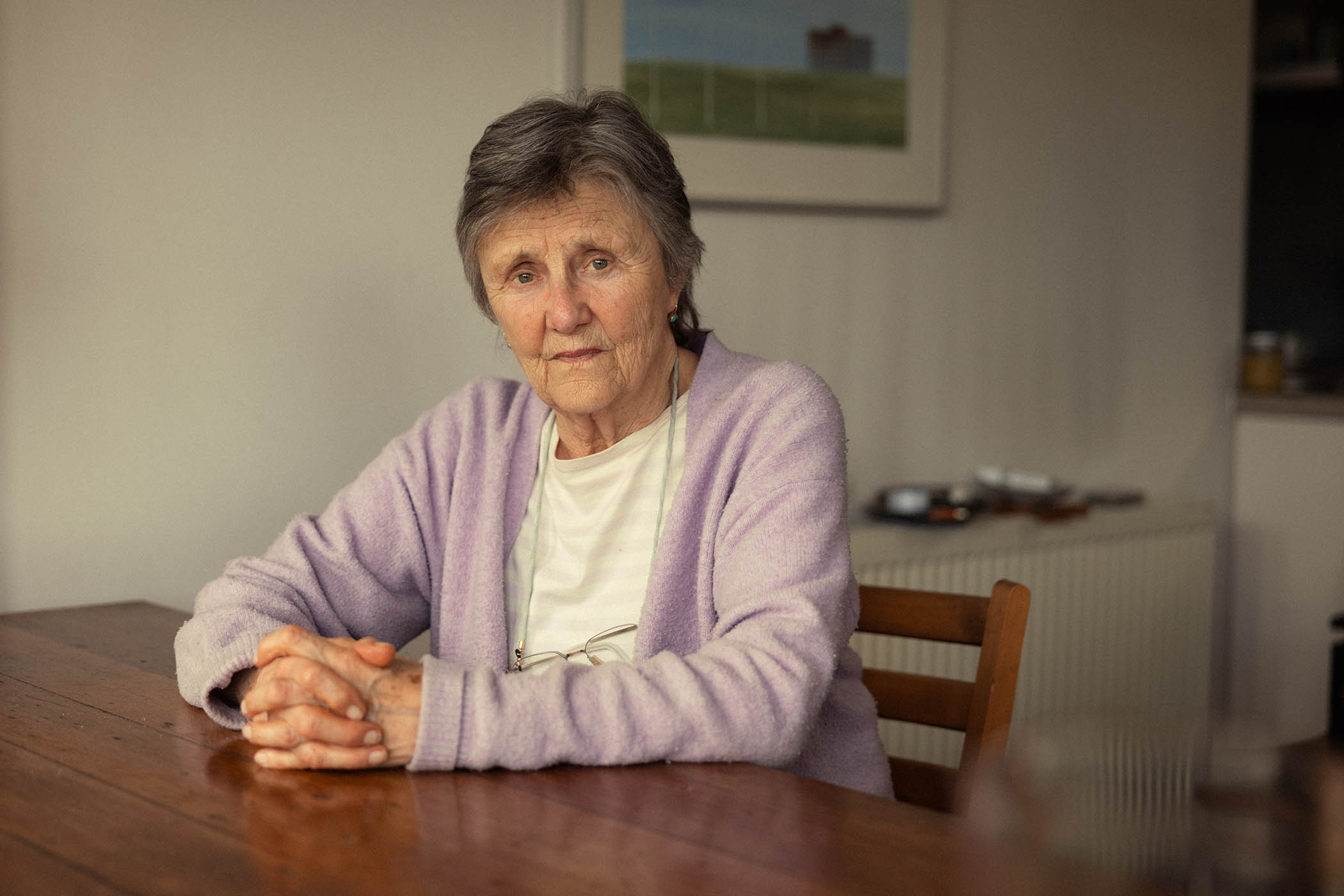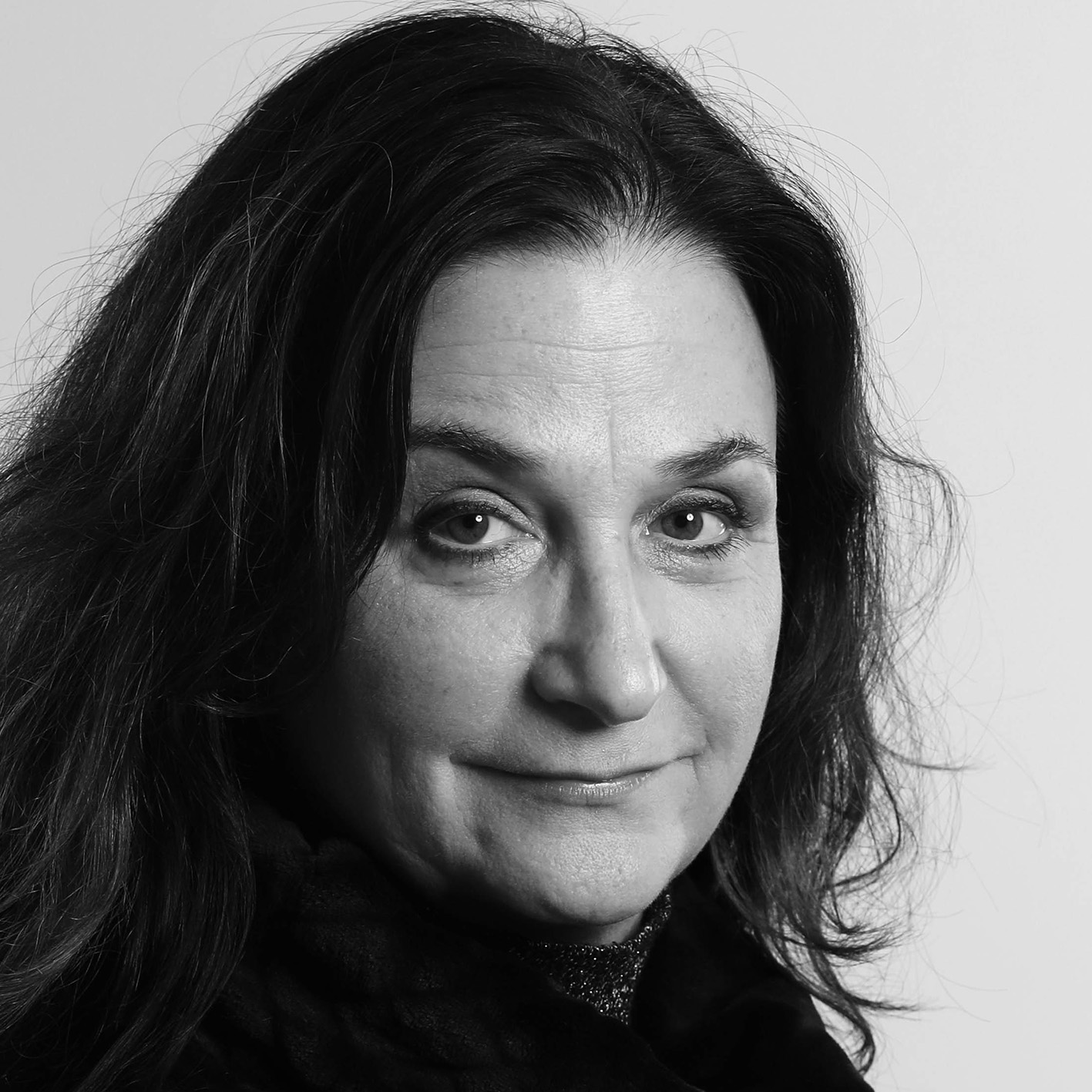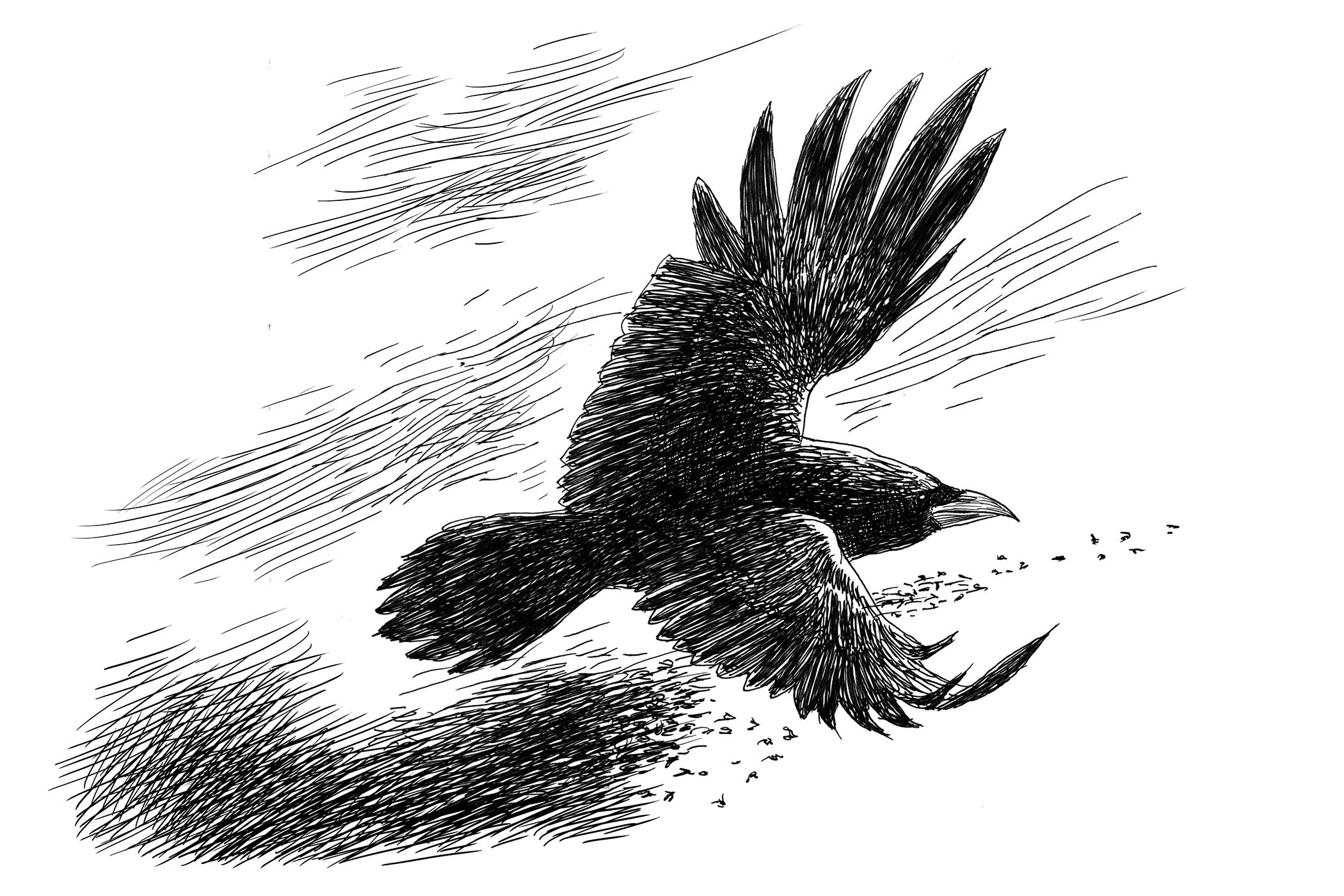The gifts of the Australian writer Helen Garner were acknowledged on a grand scale last night with the awarding of the Baillie Gifford prize for the best nonfiction title of the year. Garner, 82, watched the London ceremony on screen from her home in Melbourne, shortly after waking for the day. She spoke to The Observer later, still taking in news that her frank, 832-page volume of collected diaries, How to End a Story, had scooped the prestigious £50,000 prize. Garner’s was the only journal among the six shortlisted books. In recent years she has moved away from novel-writing towards nonfiction and more directly autobiographical work.
Receiving the prize, you said you were surprised because diaries often fall between literary categories. Did that help it to stand out perhaps, given that the judges revealed it was a unanimous decision?
I was so flabbergasted. And that it was unanimous… what a treasure is that? The whole thing about prizes to me is mortifying, though. I’m sure anyone up for any sort of public prize often feels that, because it brings up all sorts of wounds and senses of moments of neglect from early childhood. It comes from somewhere deep in you and it is shameful, in the way that the unconscious often is. But I have learnt to bite the bullet!
My books sell. I’m a writer who makes a living, but awards have generally passed me by. I now get those prizes you get when you are really old, for services to literature, which I am hugely touched by. But then I think they shouldn’t put my books up for prizes any more, because I’m so old and crabby. Everybody wants to recognise new talent, so they must think: “There’s old Garner, who is on the way out. Why is she trying to join them?”
Your best-known fiction, including Monkey Grip and The Spare Room, is based on your own experiences, but more recently you have concentrated on describing disturbing true-crime events, for example in This House of Grief, and on recounting your own personal dramas. Will you publish further diaries?
Related articles:
I’m not sure I could do another. It’s so hard. I actually have another book out on Monday about the recent mushroom-poisoning case you’ll have read about. I went along to the trial with two writer friends of mine, Chloe Hooper and Sarah Krasnostein, and we’ve written The Mushroom Tapes together.
Since their publication, in different edited forms, your diaries have been hailed as masterly, with The Observer’s Rachel Cooke arguing they are “the greatest, richest journals by a writer since Virginia Woolf”. Who are your favourite diarists?
I don’t go about reading diaries and I don’t think of myself as a diarist, so I was thunderstruck when Rachel said that. I thought I should have another look at Virginia Woolf’s, because I loved them when I was young. So I picked up the shorter volume. But when I read a bit I thought she was awful! I couldn’t stand her, because there are a couple of bits early on where she gets on a train and remarks how smelly everyone is. So I will have to dive in again to see what I once loved.
I say, grandly, that I do not read diaries, but I do really like old diaries from long ago, for example John Evelyn [1620-1706]. When I am feeling low, I particularly like to read it. It gives me a real thrill and I sort of fall in love with language all over again. It is the little phrases, like Evelyn will say, “I carried my friend over to…”, where we would now say: “I took my friend…” His description of walking through London after the Great Fire, through all the hot ashes, is marvellous.
One of your ambitions, you’ve said, is to write prose that doesn’t read like writing. So what’s wrong with ‘writing’?
There are some very well known writers – I won’t name names – but to me they are really terrible. They erect a trembling tabernacle and I want to knock it down and see what is left in the ruins.
What I really love is people writing the way they talk. Sometimes writers need to have their arse kicked around the block. They are so bloody defensive. I do feel for them, but I see a lot of writers who would be really good if only they would listen to their editor.
I had an interesting experience a few years ago when a dear friend of mine, a publisher, had something he was very keen to put out. He asked me to help him because he could see there was a good book in there by this young author, but he could not get it out. So he sent it to me, and as I had never met the writer, I just went berserk. I got a red pen and I slashed the shit out of it. There was this marvellous story in there, but either fear or vanity was preventing it from coming out. I didn’t care, so [in my edit] I did things I have never done to another writer. And the author was really shocked. But somehow it pierced this kind of carapace I am talking about – where a writer thinks that is how it has got to be, as “I’m special and new and different to everyone else”. Then, at the launch, he kindly mentioned me and thanked me, and I thought that was really big of him.
How to End a Story has been called brutally honest, but are diaries really closer to the truth than other stories?
It is probably not more real than any other account, but I personally love it when people just tell you what happened and what they felt. A novel often has such a towering sense of complexity to it that I am always trying to push that out of the way. A lot of readers want that, too, which is why they often ask novelists if they made it up, or whether it really happened. Only if it really happened will they let themselves respond to it fully. I’m so glad I’m not a novelist any more. You don’t want to have to answer that question, because quite often you don’t even know.
You tried, you’ve said, to strike a ‘fair deal’ with those people who appear in your diaries. Is that by disguising names, or by being just as hard on yourself?
Part of the point of it is not to bullshit myself about myself. And often what is wrong with other people, as with one’s self, is the most interesting thing about them. People who never want to say anything bad about anyone are actually quite boring.
In the end, I just used initials to stand for people. But for 20 minutes – when I started editing – I thought: I don’t want to give people their real names, so maybe I could give them a Homeric epithet, something like “the curly-headed photographer”. It was so much fun doing it, but you couldn’t really have read it like that. Although I did keep one, “the Polish philosopher”, but that is not really an epithet.
Australian writers and wits, such as Clive James, Germaine Greer, Robert Hughes and Barry Humphries, were keen to come over here in the 1960s, in some cases just to prick the pomposity of the pom. Why didn’t you feel the urge to follow?
Those are important people who did some wonderful things, but they are half a generation older than me. By the time I came along we weren’t breaking our necks to get out quite as much as they were. There was a strong sense then that London was the centre of the cultural world and you just had to get your arse there as fast as possible. Perhaps it was a new confidence, but I never felt that.
Record has it that you love to dance. Have you given it up?
I used to love it. I could do ballroom. I wasn’t exactly good, but I could do it without standing on any feet. And I am glad you mentioned Clive James, because he taught me how to tango. It only lasted one afternoon. We were at a party and I was shy and awkward, as always with famous people. I asked if it was true that he and his girlfriend had gone to Argentina to learn to tango. He sweetly said, “Yes, and I will show you the steps.” Then he grabbed me in a tango hold so I could hardly breathe. It was a really hot day and he was streaming sweat. He kept apologising because his shirt was soaked, but he taught me the basics, which are not that difficult. I was just off to the Antarctic and he told me to forget that and just go to a tango school in Buenos Aires, but I never went.
Do you feel age has brought wisdom?
When I was middle aged and met older women writers, I was interested to know what they knew about life: whether it got better or worse. For me, it got way better when I became a grandmother. When my third marriage [to writer Murray Bail] ended, my daughter rang me up and said: “We’re having a baby. You can come home now.” So I put everything in a truck and I’ve been in Melbourne ever since. But my grandchildren are now grownups, so having had 25 years of pretty well just joyful love with children, I have come to the end of that period and I don’t know what is going to happen next.
How to End a Story: Collected Diaries by Helen Garner is published by Weidenfeld & Nicolson (£20). Order a copy from The Observer Shop for £18. Delivery charges may apply
Portrait by Charlie Kinross



